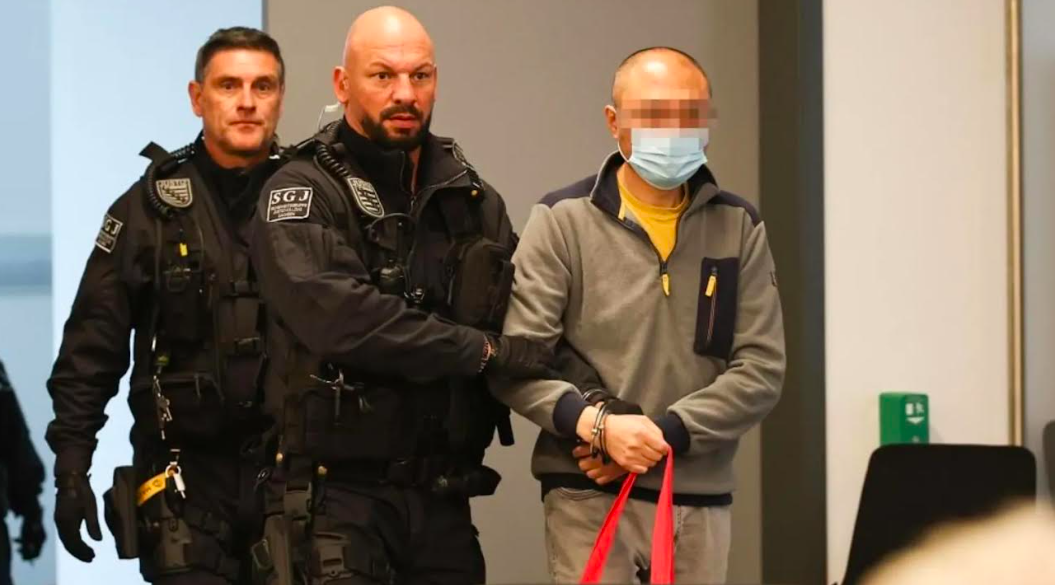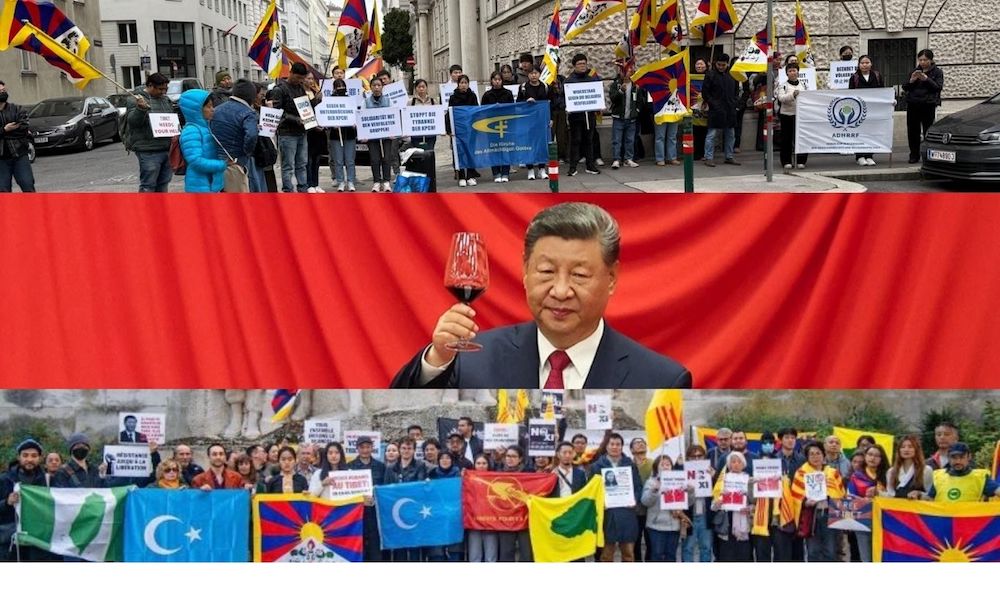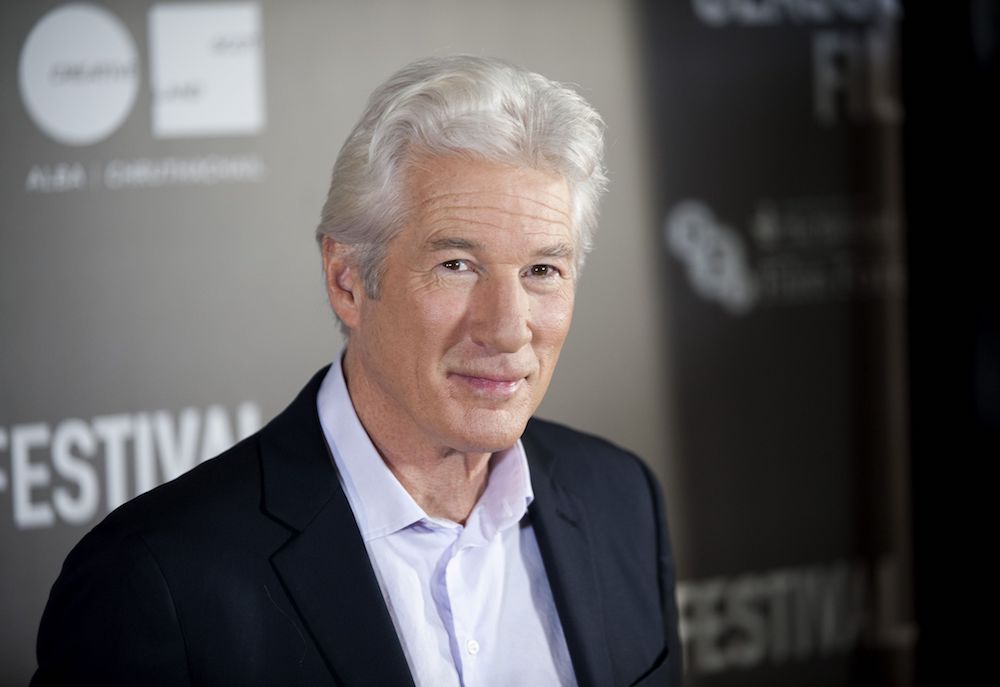By Jonathan Manthorpe
There is a satisfying symmetry in the coincidence that the announcement by the Nobel Committee of the award of this year’s Peace Prize to jailed dissident Liu Xiaobo came within a few hours of the 99th anniversary of the revolution that bred modern China.
On Oct. 10, 1911, there was an uprising by soldiers at Wuchang on the Yangtze River in Hubei province that led to the collapse of the Qing Dynasty.
The rebels fought under the banner of exiled leader Sun Yat-sen and his philosophy of the “Three Principles of the People.”
One was nationalism, and throwing off the yoke of the alien Manchu Qing Dynasty and the semi-colonial incursions of the western powers.
Two was the introduction of western-style democracy under a federal system.
Three is often rendered as “land to the tiller,” envisaging the granting of land ownership to peasant farmers in what was then an almost exclusively rural society. But it came to be more broadly understood as the promotion of people’s economic and social well-being.
Sun’s vision was frustrated by his own early death, the invasion of China by the Japanese and then the overthrow in 1949 of the government of Sun’s party, the Kuomintang, by Mao Zedong and the Communists.
Nobel Prize winner Liu, of course, was sentenced to 11 years in prison last Dec. 25 for drawing attention to those parts of the 1911 revolution that are still nowhere near being achieved in China and for publishing a manifesto — Charter 08 — calling for completion of the promised reforms.
The manifesto called for the abolition of the special privilege of the Communist one-party state and the entrenchment of guaranteed free and fair elections among competing parties.
“We should make freedom of speech, freedom of the press, and academic freedom universal, thereby guaranteeing that citizens can be informed and can exercise their right of political supervision,” said the English version of the manifesto.
“The provision in the current Criminal Law that refers to ‘the crime of incitement to subvert state power’ must be abolished. We should end the practice of viewing words as crimes.”
But for the survival of China’s rulers of this 61-year-old dynasty, some words are too threatening to allow to be uttered.
It was for saying those words that threaten to “subvert state power” that Liu, a 54-year-old former literature professor and veteran dissident, was locked up.
About 10,000 people, many of them professors, lawyers, writers and artists, signed the manifesto. Some of those people have seen their career paths run into insurmountable roadblocks since signing the document.
And, since Liu’s Peace Prize award was announced on Friday, several have been detained.
Liu’s wife, the noted photographer Liu Xia, has been placed under house arrest. But, to the surprise of many observers, she was allowed to visit her husband in prison, tell him the news from Oslo and even to say a few words about that visit to western journalists before being held in seclusion.
Of Sun’s three principles, only the first, nationalism and the freeing of China from foreign incursions, has been conclusively achieved.
And the fostering of sometimes intense and volatile nationalism has also served as a strategy by the Communist party to insulate itself from the criticism of Chinese people for its other failures.
Beijing’s first reaction last week was to call the award to Liu a “blasphemy” and an “obscenity.”
The popular Chinese language tabloid Global Times is one of many government-controlled media that have stoked the fires of nationalism.
On Monday, the newspaper said the award is just another demonstration of western prejudice against China. “Behind it lies an extraordinary terror of China’s rise and the Chinese model.”
The message from the Beijing government, its media and from supporters in the West is that western-style democracy and the rule of law are incompatible with the essential task of providing for the people’s economic well-being.
If the virus of western values is allowed to spread, the country will collapse into chaos.
Twenty years ago or so a governor of Sichuan province said “At some point we have to trust the Chinese people.”
Charter 08, the imprisonment of Liu and the giving of the Peace Prize show that the promise of the Three Principles is still a long way off.
jmanthorpe@vancouversun.com









